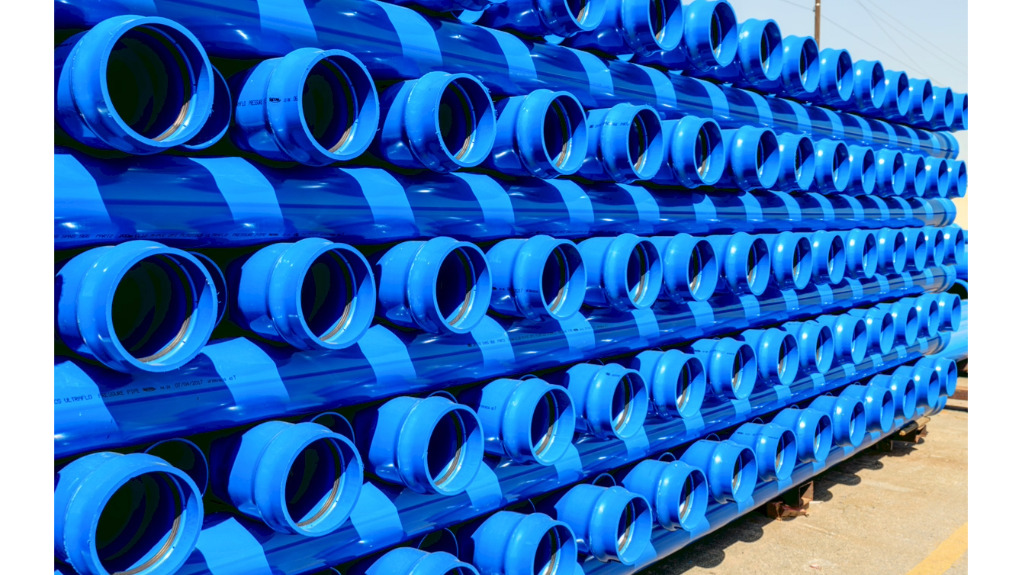Waste Pipes Industry Growth in Africa
The Waste Pipe Industry in Africa: A Comprehensive Overview
The waste pipe industry in Africa is a critical component of the continent’s infrastructure development, playing a vital role in sanitation, water management, and environmental sustainability. As Africa undergoes rapid urbanization and population growth, the demand for efficient waste management systems, including waste pipes, has surged. This write-up delves into the current state of the waste pipe industry in Africa, its challenges, opportunities, key players, and future prospects.
- Importance of the Waste Pipe Industry in Africa
Waste pipes are essential for:
- Sanitation and Public Health: Proper waste disposal systems prevent the spread of diseases such as cholera and typhoid, which are prevalent in areas with poor sanitation.
- Environmental Protection: Efficient waste pipes reduce pollution by ensuring that waste is safely transported to treatment facilities.
- Urban Development: As African cities expand, the need for modern infrastructure, including sewage and drainage systems, becomes paramount.
- Water Management: Waste pipes are integral to stormwater management, reducing flooding and waterlogging in urban areas.
- Current State of the Waste Pipe Industry
The waste pipe industry in Africa is still in its developmental stages in many regions, with significant disparities between urban and rural areas. Key aspects include:
- Market Overview
- The industry is growing steadily, driven by urbanization, government initiatives, and international funding for infrastructure projects.
- Countries like South Africa, Nigeria, Kenya, and Egypt lead in waste pipe production and usage due to their relatively advanced infrastructure.
- The market comprises both local manufacturers and international suppliers, with materials such as PVC, HDPE, and concrete being widely used.
- Key Applications
- Residential and Commercial Buildings: Waste pipes are used in plumbing systems for sewage and wastewater disposal.
- Industrial Facilities: Industries require specialized waste pipes to handle chemical and hazardous waste.
- Municipal Projects: Governments and municipalities are investing in large-scale sewage and drainage systems.
- Regional Variations
- North Africa: Countries like Egypt and Morocco have relatively well-established waste pipe industries due to their advanced infrastructure.
- Sub-Saharan Africa: Many countries face challenges such as inadequate funding, lack of skilled labor, and poor maintenance of existing systems.
- Rural Areas: Waste pipe infrastructure is often lacking, with many communities relying on pit latrines and open drainage systems.
- Challenges Facing the Industry
The waste pipe industry in Africa faces several obstacles that hinder its growth and effectiveness:
- Infrastructure Deficits
- Many African countries lack the necessary infrastructure to support widespread waste pipe networks.
- Existing systems are often outdated, poorly maintained, or insufficient to meet growing demand.
- Funding Constraints
- Limited government budgets and competing priorities often result in inadequate investment in waste management infrastructure.
- Reliance on international aid and loans can lead to delays and inefficiencies.
- Lack of Skilled Labor
- The industry suffers from a shortage of trained professionals, including engineers, plumbers, and technicians.
- This shortage affects the quality of installation and maintenance of waste pipe systems.
- Environmental Concerns
- Improper disposal of waste pipes, especially non-biodegradable materials like PVC, contributes to environmental pollution.
- Inadequate waste treatment facilities mean that much of the waste transported through pipes is not properly treated before being released into the environment.
- Regulatory Issues
- Weak enforcement of building codes and environmental regulations leads to substandard installations and practices.
- Corruption and bureaucratic inefficiencies further complicate the implementation of waste management projects.
- Opportunities for Growth
Despite the challenges, the waste pipe industry in Africa presents significant opportunities for growth and innovation:
- Urbanization and Population Growth
- Rapid urbanization is driving demand for modern infrastructure, including waste pipe systems.
- Governments and private investors are increasingly recognizing the need for sustainable urban planning.
- Technological Advancements
- Innovations in materials, such as corrosion-resistant and eco-friendly pipes, are improving the durability and sustainability of waste pipe systems.
- Smart technologies, including sensors and IoT-enabled systems, are being integrated into waste management networks for better monitoring and maintenance.
- Public-Private Partnerships (PPPs)
- Collaborations between governments, private companies, and international organizations are helping to bridge funding gaps and improve project implementation.
- PPPs are also fostering knowledge transfer and capacity building.
- Environmental Sustainability
- There is growing interest in sustainable waste management solutions, including recycling and the use of biodegradable materials.
- Green infrastructure projects, such as rainwater harvesting and eco-friendly drainage systems, are gaining traction.
- International Support
- Organizations like the World Bank, African Development Bank, and UN agencies are providing funding and technical assistance for waste management projects.
- International companies are investing in local manufacturing and distribution networks.
- Key Players in the Industry
The waste pipe industry in Africa involves a mix of local and international players:
- Local Manufacturers
- Companies like Duraplast (Ghana), Zora (Kenya), and Safripol (South Africa) are leading producers of plastic pipes.
- Local manufacturers often have a better understanding of regional needs and challenges.
- International Companies
- Global players such as Aliaxis, Wavin, and Uponor have a significant presence in Africa, supplying high-quality pipes and fittings.
- These companies bring advanced technologies and expertise to the market.
- Government Agencies
- Municipalities and water utilities play a crucial role in planning and implementing waste pipe projects.
- National governments are increasingly prioritizing infrastructure development in their policies.
- Future Prospects
The future of the waste pipe industry in Africa looks promising, with several trends shaping its trajectory:
- Increased Investment
- Governments and international organizations are expected to increase funding for infrastructure projects, including waste management systems.
- Private sector investment is also likely to grow as the market expands.
- Focus on Sustainability
- The industry will increasingly adopt eco-friendly materials and practices to address environmental concerns.
- Circular economy principles, such as recycling and reusing materials, will gain prominence.
- Technological Integration
- Smart waste management systems, powered by IoT and AI, will enhance efficiency and reduce costs.
- Digital tools will improve project planning, monitoring, and maintenance.
- Regional Collaboration
- African countries are likely to collaborate more closely on infrastructure projects, sharing resources and expertise.
- Regional organizations like the African Union will play a key role in fostering cooperation.
- Conclusion
The waste pipe industry in Africa is at a pivotal stage, with immense potential to contribute to the continent’s development. While challenges such as infrastructure deficits, funding constraints, and environmental concerns persist, the industry is poised for growth thanks to urbanization, technological advancements, and increased investment. By addressing these challenges and leveraging opportunities, Africa can build sustainable and efficient waste management systems that improve public health, protect the environment, and support economic growth. The collaboration of governments, private companies, and international organizations will be crucial in realizing this vision.




Leave a Reply